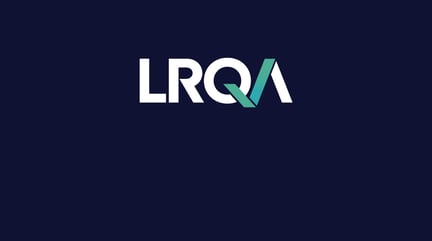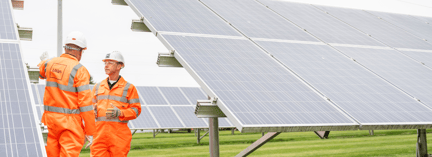The Global Food Safety Initiative (GFSI) announced this week that the Global Aquaculture Alliance (GAA) has achieved recognition against Version 7.1 of the GFSI Benchmarking Requirements.
Version 7.1 incorporates industry developments and best practice with recognised certificate programme owners invited to re-benchmark their standards to ensure safe and sustainable food for consumers around the world. GAA is an international, non-profit trade association with Best Aquaculture Practices (BAP) certification standards, which is dedicated to advancing seafood safety and environmentally and socially responsible aquaculture.
Martin Gill, Head of Aquaculture and Fisheries at LRQA commented: “It’s great news that GAA continues to be recognised by the GFSI, especially with regards to its Seafood Processing Standard which now includes both farmed and wild seafood. Growth in aquaculture has exploded since the 1970s, driven by the rapidly growing requirement for sustainable protein, and is close to providing us with as much of our seafood as commercial, wild caught fisheries. GAA is a leading standards organisation for aquaculture seafood and re-benchmarking against GFSI ensures its programmes help provide safe food for consumers – something LRQA is committed to helping achieve.”
Lloyds’s Register (LRQA) has long standing expertise in the seafood sector and provides the widest range of audits including GAA BAP, GlobalG.A.P, Aquaculture Stewardship Council, Marine Stewardship Council and a range of customised services to meet the individual requirements of businesses. LRQA is the only provider able to offer true sea to fork coverage, underpinned by technology-based solutions to enhance sustainable fishing and seafood.
“GSFI benchmarking provides food safety, environmental, social and animal welfare assurance while certification helps signpost to retailers and consumers that producers are meeting best practice, added Martin. “Certification can also open up products to new markets or give businesses the edge over competitors.”


